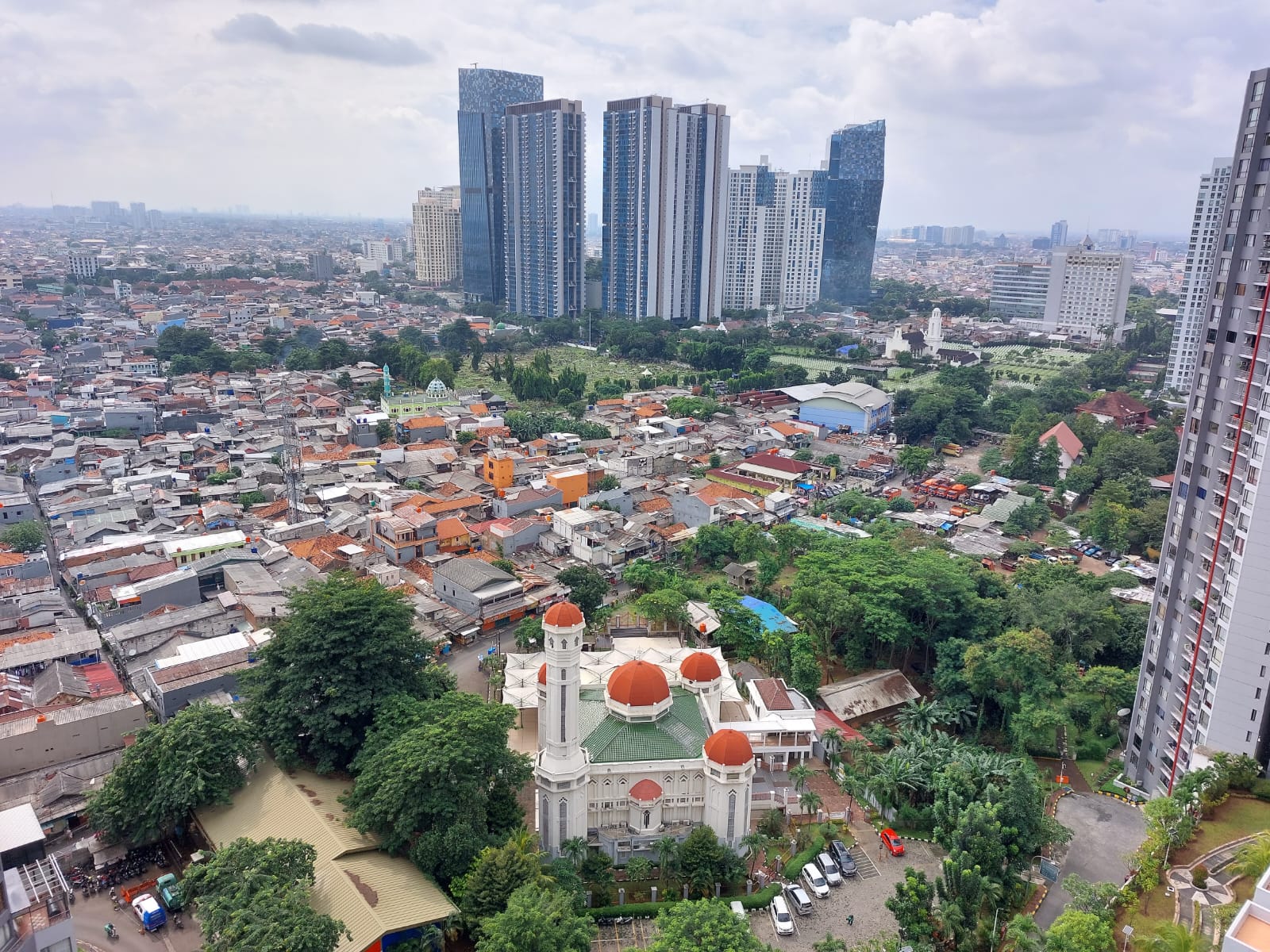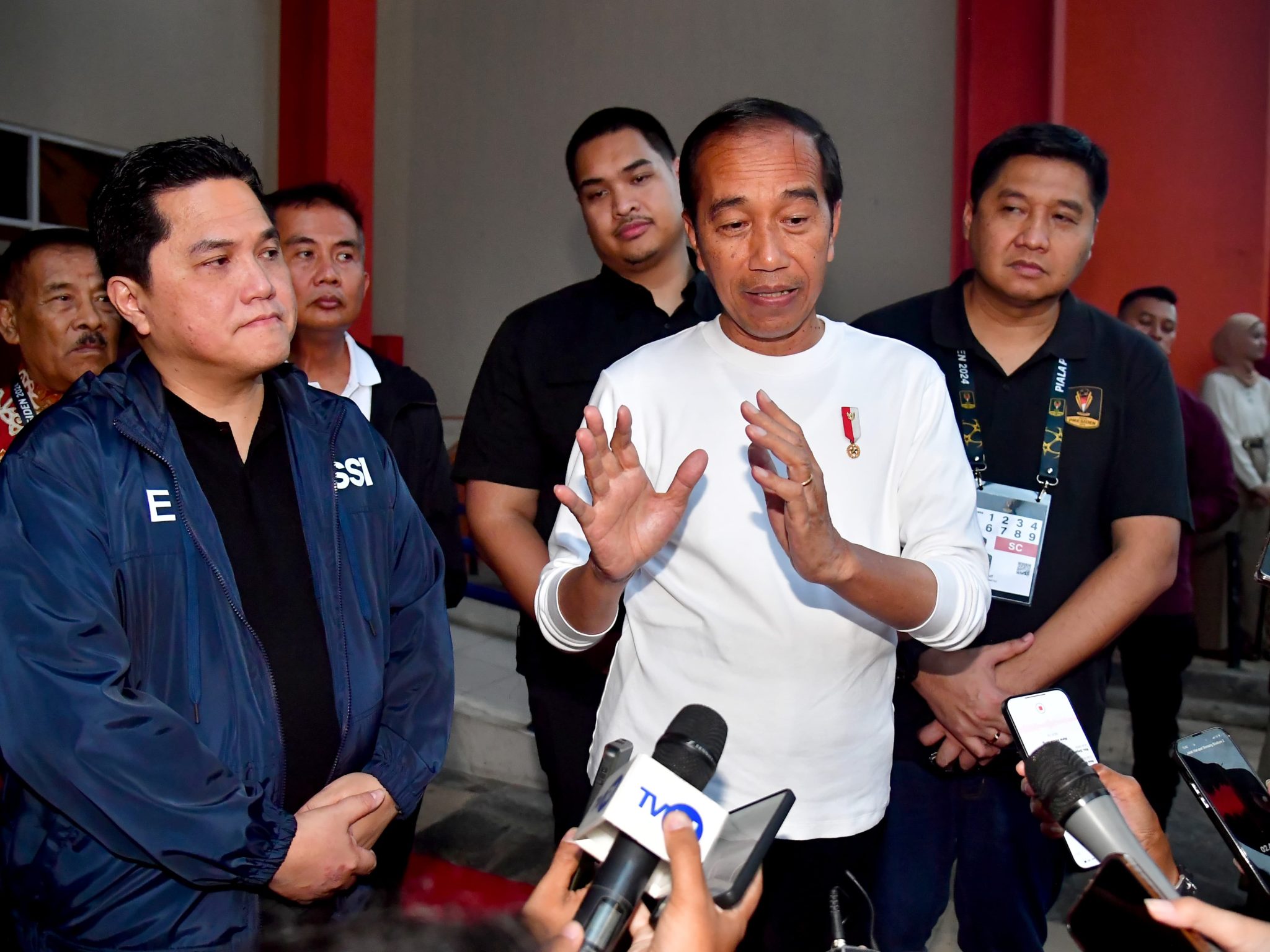World Bank lowers Indonesia’s economic projection to 5.1 pct

Jakarta (Indonesia Window) – The World Bank has lowered its projection for Indonesia’s economic growth in 2022 to 5.1 percent in April 2022, from the previous estimate of 5.2 percent in October 2021, amid the Russia-Ukraine conflict.
This figure is still slightly higher than the estimated five percent growth in the East Asia and Pacific economy.
“Some countries, such as Malaysia and Indonesia, are less vulnerable to rising commodity prices due to the ongoing war,” said Aaditya Mattoo, the World Bank’s Chief Economist for East Asia and the Pacific at a media briefing here on Tuesday (Apr. 5).
China, Indonesia and Vietnam have already managed to exceed their current pre-pandemic output levels, while Cambodia, Malaysia, Mongolia, the Philippines and Thailand are only expected to do so in 2022.
Mattoo said the various shocks stemming from the war in Ukraine and related sanctions could have the most concrete impact on the East Asia and Pacific region in the form of disruptions in commodity supply, increased pressure on the financial sector, and a decline in the global confidence.
The East Asia and Pacific region’s direct dependence on Russia and Ukraine through imports and exports of goods, services and capital remains limited, but the war and its sanctions are likely to increase food and fuel prices on an international scale to the detriment of consumers and growth.
However, Mattoo continued, some countries in the East Asia and Pacific region are still more resilient than others in dealing with shocks because they have a history of being cautious.
Commodity-exporting countries, such as Indonesia and Malaysia, are able to cushion international price increases more easily than commodity-importing countries, such as Fiji and Thailand.
Therefore, he suggested that governments in East Asia and Pacific countries reconcile spending needs with increasingly tight budget constraints through a commitment to restore fiscal discipline through the re-implementation of fiscal rules, as Indonesia has planned to implement in 2023.
Governments in the region also need to carry out fiscal reforms through the establishment of laws and regulations that will be implemented based on objective recovery measures.
For example, the new tax reform legislation in Indonesia is expected to increase revenues by 1.2 percent of the gross domestic product (GDP) in the medium term.
Reporting by Indonesia Window










